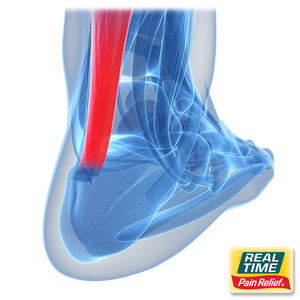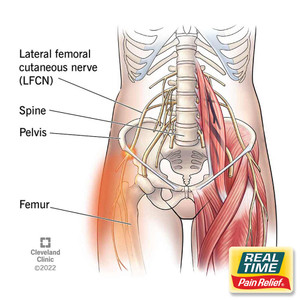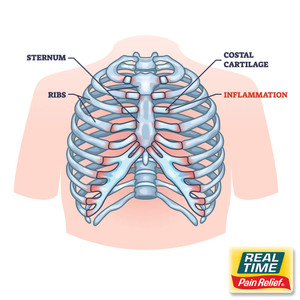Specialists for Specific Pain Conditions
Posted by Dennis R. Escalera on 1st Jul 2024
When pain becomes persistent or linked to a specific condition, consulting a specialist can be crucial for effective treatment. Various specialists focus on different types of pain and underlying conditions, providing targeted and advanced care. This article outlines the roles of several specialists and when you might need to consult them.
Types of Specialists and the Pain They Treat
- Neurologists
- Role: Neurologists specialize in the diagnosis and treatment of nervous system disorders, including chronic pain conditions like migraines, neuropathy, and spinal cord injuries.
- When to See a Neurologist: If you experience persistent headaches, nerve pain, or neurological symptoms such as numbness or weakness, a neurologist can offer specialized diagnostic tests and treatment plans.
- Reference: "What is a Neurologist." American Academy of Neurology. https://www.aan.com/tools-resources/what-is-a-neurologist
- Rheumatologists
- Role: Rheumatologists focus on autoimmune and inflammatory conditions affecting the joints, muscles, and bones, such as rheumatoid arthritis, lupus, and fibromyalgia.
- When to See a Rheumatologist: If you have joint pain, stiffness, or swelling that does not improve with general treatment, a rheumatologist can provide specialized care.
- Reference: "When to See a Rheumatologist?" American College of Rheumatology. https://rheumatology.org/patient-blog/when-to-see-a-rheumatologist
- Orthopedists
- Role: Orthopedists treat musculoskeletal issues, including bone fractures, spinal disorders, and sports injuries.
- When to See an Orthopedist: If you have acute injuries such as fractures, chronic conditions like osteoarthritis, or need surgical interventions for musculoskeletal issues, an orthopedist can help.
- Reference: "Orthopedic Surgery." Mayo Clinic. https://www.mayoclinic.org/departments-centers/orthopedic-surgery/sections/overview/ovc-20126754
- Pain Management Specialists
- Role: Pain management specialists are trained in techniques to treat chronic pain, including medications, nerve blocks, and physical therapy.
- When to See a Pain Management Specialist: If your pain is not being adequately controlled by other treatments, a pain management specialist can provide advanced therapies and interventions.
- Reference: "What is a Pain Management Specialist?" American Society of Regional Anesthesia and Pain Medicine. https://www.asra.com/patient-information/chronic-pain-management
How to Know When You Need a Specialist
Deciding to see a specialist often depends on the nature and severity of your pain. Consider the following:
- Duration and intensity: Pain that is severe or lasts longer than a few weeks despite treatment should be evaluated by a specialist.
- Impact on daily life: If pain significantly interferes with your ability to work, sleep, or perform daily activities, seeking specialized care is important.
- Lack of improvement: If your pain does not improve with initial treatments from your primary care physician, a specialist may offer more targeted options.
Conclusion
Specialists play a vital role in the management of specific pain conditions. By understanding the different types of specialists and the conditions they treat, you can make informed decisions about your care. Consulting the appropriate specialist can lead to more effective and personalized pain management, improving your quality of life.
References
- "Neurology and Pain Management." American Academy of Neurology. https://www.aan.com/tools-resources/what-is-a-neurologist
- "When Should You See a Rheumatologist?" American College of Rheumatology. https://rheumatology.org/patient-blog/when-to-see-a-rheumatologist
- "Orthopedic Surgery." Mayo Clinic. https://www.mayoclinic.org/departments-centers/orthopedic-surgery/sections/overview/ovc-20126754
- "What is a Pain Management Specialist?" American Society of Regional Anesthesia and Pain Medicine. https://www.asra.com/patient-information/chronic-pain-management





